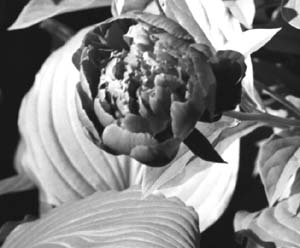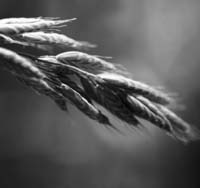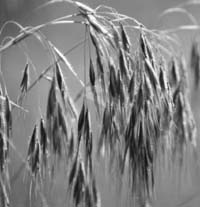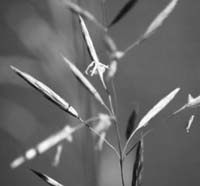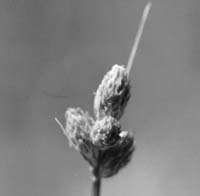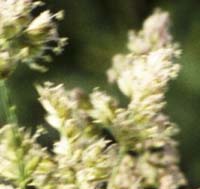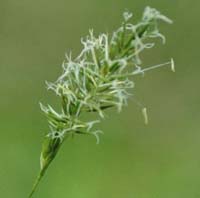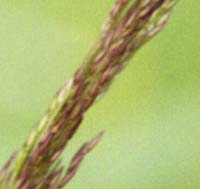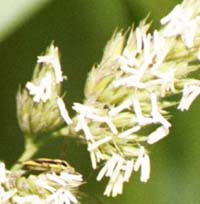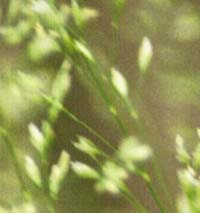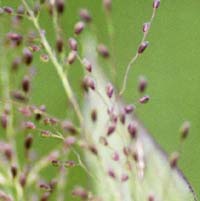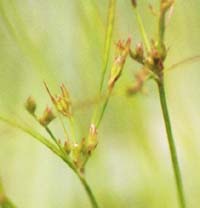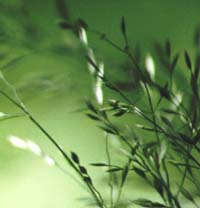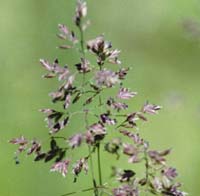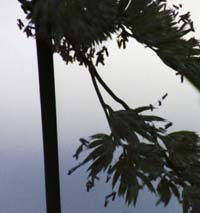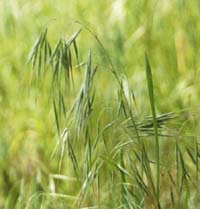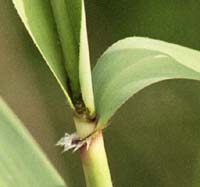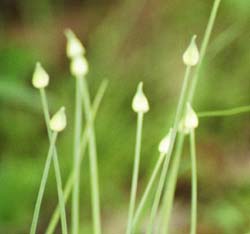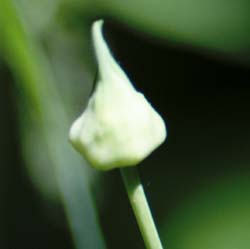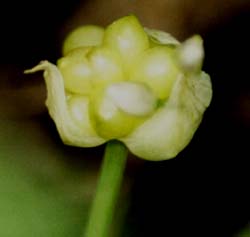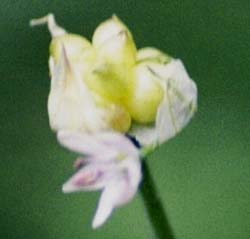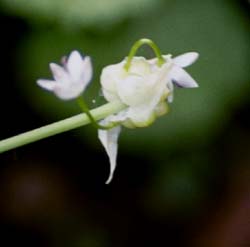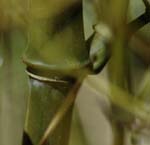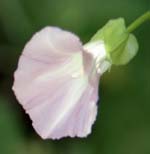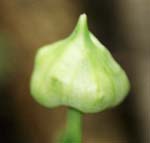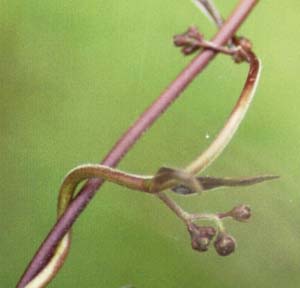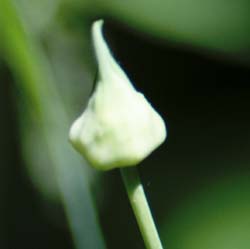
The church was Catholic, circa 1960, more hall than cathedral. She felt like she was beneath an overturned ark: the tall, peaked, beamed ceiling was its ribbed hull, the low stained glass windows set beneath recessed arches were oar holes.
She was, more than ever, an intruder. This was a parish, an extended family of believers, joined by common faith and custom, from Eucharist and parochial school, through pancake breakfast and bingo, to Extreme Unction. Or whatever they called it now. She was the mysterious, silent stranger. The outsider, the observer. Stealing some warmth at an alien hearth. Welcome, sort of. Pitied ? Maybe. Or so she felt.
It was the beginning of ordinary time. She loved that. She loved the whole notion of a liturgical year, of the sanctification of time. Anticipation, Birth, Death, Resurrection, so in tune with the seasons, with the rhythm of a life. And the divine office -- vigils, lauds, the little hours, vespers, compline -- imbuing the whole day with holiness. That's what drew here here, to this house where she was a scandal, from whose table she was excluded.
There were only hymnals in the pews. No weekly missal to follow. No matter. She could fake it. She thought of the movie she'd seen recently -- Max Von Sydow as the fierce missionary priest in Hiroshima, chiding his Japanese colleague who had replaced the Latin he hadn't quite learned with a litany of trolley stops. She could do that -- light from light, God from God, true God from true God, longwood, fenway, kendall, symphony, arlington, copley, park.
The service started with a hymn. She winced as the organist began. These hymns, she thought, all sound like bad pop tunes, all sweetness and treacle. Later, the cantor sang. She didn't associate "cantors" with the Catholic Church. There was nothing rabbinical about this cantor. She was young, twenty something, shapely and demure. Her voice was thin, pretty enough, and inflected with a show tuney vibrato. When she raised her arm, the congregation chimed in. The gesture seemed, well, evangelical.
"This music," she found herself thinking, "is dreadful." She'd been listening all week to Arvo Part's magnificent 24 Prayers of St John Chrysostom. She'd even played it in the car on the way to church. Granted, Arvo is a tough act to follow, but the cantor seemed like a refugee from a high school talent show. An American Idol aspirant.
Would a lightning bolt to smite her for these thoughts ? She tried to focus on the service.
The readings began. A stout, gray-haired woman, maybe a nun, approached the lectern. She read beautifully, except for her grating Bostonian pronunciation of Lord: Lod. Rhymes with clod. She'd never liked the idea of "Lord" anyway, wincing when she encountered it in Scripture passages. It was even more grating as Lod.
But the passage was from Proverbs, a book of the Bible she'd more or less ignored. It was a stunningly beautiful passage about Wisdom. She knew, though Merton, that Wisdom was a female principle.
I was poured forth,
at the first, before the earth.
When there were no depths I was brought forth,
when there were no fountains or springs of water;
before the mountains were settled into place,
before the hills, I was brought forth;
while as yet the earth and fields were not made,
nor the first clods of the world. She liked the image of a time "when there were no depths." Before measure. She would have to look into proverbs. "Proverbs" just seemed, well, so proverbial. Old saws, adages, inspirational quotes. Wrong again.
The psalm that followed was the beautiful one about the wonders of the universe that asks "What is man that you should be mindful of him ?" The psalm that notes man's God-given dominion over all things.
You have made him little less than the angels,
and crowned him with glory and honor.
You have given him rule over the works of your hands,
putting all things under his feet:
All sheep and oxen,
yes, and the beasts of the field,
The birds of the air, the fishes of the sea,
and whatever swims the paths of the seas."Crushing all things under his feet," she thought. "Or putting them in his mouth." She'd heard this psalm invoked as a Christian argument against vegetarianism. As well as an argument for wise stewardship. But in what way is God (who or what ever that may be)
mindful of humans ? How could she translate that into something that worked for her ? She suspected that these acts of translation were antithetical to faith, whatever that was.
Nonetheless, she found herself translating more and more. This was, for example, "Trinity Sunday." The trinity was a tough nut to crack. What had the priest said -- she tried to recall. Creator, Redeemer, Sanctifier. Well, she herself was three things -- mother, wife, physician -- was that helpful ? Blasphemous ? She'd heard it described as Source, Word and Breath. She'd liked that. The redemption thing got into complicated economies that continued to elude her comprehension. That, frankly, exasperated her.
She couldn't help imagining the Trinity as, well, a weird contraption. Something out of Rube Goldberg. A deviant, sidewise, three-wheeled, jewel-encrusted combination bicycle and sewing machine. God should, if he were worth his smiting salt, strike her dead for that.
Why was she being so judgmental ? So pissy ? She watched as the parishioners went forward for the Eucharist. The sight always moved her. Members of the Mystical Body Of Christ. But couldn't the whole world, the whole Universe, be construed as one Mystical Body, beautiful, afflicted, God filled ? And why should anyone, any being be excluded ?
And why
shouldn't a religious service be as beautiful and mysterious as possible ? Music seemed to her so much more adequate a language for of the longing, the cry from the depths, that lies at the heart of Christianity. Was she quibbling ? Did she have a right to expect the Churches "joyful noise unto the Lord" to be better than muzak ? This wasn't a concert, afterall. It was a sacrament. The holiest of holies. The magnum mysterium. That which is, by definition, beyond understanding.
She sighed as the mass ended. She'd try to be a better guest next time. If there was a next time.




